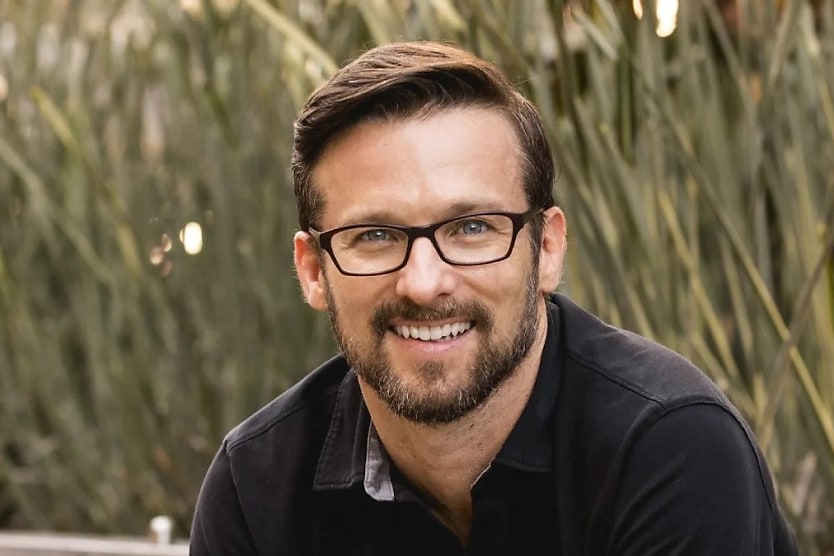R U OK? Day: Why prioritising the mental health of your employees is critical
SHARE THIS ARTICLE

It’s nearing the end of 2022 and suffice to say, we’re all tired. While the pandemic may no longer be front of mind for everyone, its presence nevertheless lingers and its impact is still being felt – and will be for years to come.
Over the last two years, many people have been reassessing what’s important to them and the role their job plays in their life. There have been those who have pulled back from jobs they love to supervise at-home learning; others who, for the first time, experienced the benefits of flexible work; and others who have left jobs they felt were no longer the right fit.
We are now also seeing the emergence of what American TikTokker @zaidlepplin has dubbed ‘quiet quitting’: the act of workers doing what is expected of them in their roles and nothing more – extra duties, overtime, and weekend work are being traded for a healthier work-life balance and less burnout.
After years of lockdowns and uncertainty, people are experiencing burnout and are seeking a more balanced lifestyle, which includes taking a step back at work.
Many young people say they're “no longer willing to hustle, pretend to love their jobs and go above and beyond for employers” they feel are unappreciative of their efforts. Some employers have come back swinging, arguing that it “takes time to earn your stripes and that meaningless work is part of the course when you’re starting out”.
And while this may seem like the usual employee-employer rhetoric, we can’t forget that it’s underpinned by the most traumatic collective event of our lifetime.
So, as we come to R U OK? Day on September 8, I’d urge employers who may have experienced an increase in the number of disengaged employees to use this day as a circuit breaker.
Instead of being frustrated that some employees have taken a step back, why not use this as a chance to sit down and talk about what’s going on in their lives, and ask whether there is anything you can do to make their time at work more meaningful?
According to WHO, the global prevalence of anxiety and depression has increased by 25 per cent since the start of the pandemic. In Australia, the 2021 census data found more than 2.2 million Australians are suffering from long-term mental health issues.
Young people have been particularly affected, with one in five suffering psychological distress – more than twice the rate of those aged 65 to 85. Some experts even say these issues predate COVID-19, with a recent national study finding that almost half of all young women in Australia experienced an anxiety, depression or substance abuse disorder last financial year, while for men of the same age it was one in three.
Given this, R U OK? Day should ideally be the starting point of such conversations rather than a one-off event. What begins as a day specifically dedicated to preventing suicide can become the basis of a compassionate company policy which recognises that it will take time for people to become OK.
It may also be a time for managerial self-reflection: is anyone senior participating in quiet firing – also known as ‘managing out’ or ‘constructive dismissal’ where, rather than firing staff members directly, managers use passive-aggressive tactics to push certain staff to quit.
Are any teams relying a little too much on employees working after hours to meet their targets? Given that worker shortages are hitting companies hard, maybe it’s time to also check in with senior staff about how they’re feeling, if they’re managing OK or whether they need further support in doing more with less.
While it may be a job seeker’s market at the moment, it doesn’t hurt to use this time to reassess how companies can encourage activities where staff members are taught to open up and listen to each other.
A compassionate work culture where everyone feels supported will not only help companies retain workers, but it may motivate them to feel passionate about their careers again. Sometimes a sledgehammer approach just won’t cut it, and R U OK? Day is just one small reminder of that.
Martin Herbst is the CEO of recruitment management platform, JobAdder
Note from the editor: If you’re currently experiencing any of the issues we’ve discussed above and would like to reach out for help, you may wish to contact Lifeline: www.lifeline.org.au
